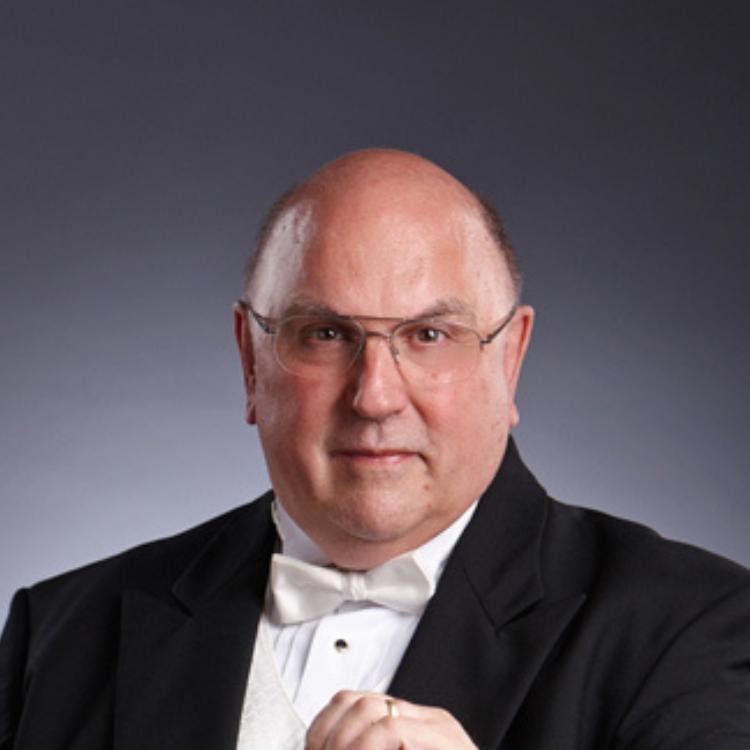
No 4. - The “Old Way” versus a “New Way” – Reform or Elitism in the New England Meetinghouse
The desire to reform or improve congregational singing is nothing new. Issues related to it were being debated and fought over long before the American revolution and continue to the present day. The great historian, H. Wiley Hitchcock, referred to two competing strains in American music history, a “cultivated tradition” and a “vernacular tradition”. The cultivated tradition, Hitchcock defined as “a body of music that America had to cultivate consciously, music faintly exotic, to be approached with some effort, and to be appreciated for its edification – its moral, spiritual or aesthetic values.”[1] Hitchcock referred to the vernacular tradition as “a body of music more plebian, native, not approached self-consciously but simply grown into as one grows into one’s vernacular tongue, music understood and appreciated simply for its utilitarian or entertainment value.”[2]
Hitchcock in his writing was referring largely to the musical landscape in the nineteenth century. However, I believe that, from the 1720s forward, descension regarding congregational singing arose at least in part from two competing visions of what worship and worship music should be – a cultivated view versus a vernacular, or as I prefer to call it “populist”, view. Leading the movement to reform church music were Harvard-educated clergy like Cotton Mather, Thomas Symmes, Thomas Walter, and John Tufts, each of whom believed passionately that the singing of psalms would markedly improve as congregations learned to read music. These men were products of the Age of Enlightenment who saw science and empirical thought as the surest route to progress. Their many lectures and pamphlets on “regular singing” (perhaps best defined as regulated singing) repeatedly defended their views as based in science.
A major source of irritation to these enlightened clerics was the practice used in many churches of their time where congregations, uneducated in music, still sang psalm tunes learned by rote and led by a “precentors” or deacons who sang in an improvisatory fashion. It came to be known as singing in the “old way”. Mather, Symmes, and the others viewed the resulting music as chaotic and antithetical to orderly worship.
Attempting to rewrite history is a fool’s errand, and the work of the reformers led to the birth of music education in the colonies through the establishment of singing schools.[3] That was a good thing for which we should be thankful. Unfortunately, to achieve those ends it was necessary to brand singing in the old way as primitive, ignorant, and inappropriate for worship in God’s house. Musicology and Ethnomusicology as areas of study did not exist in the eighteenth and nineteenth centuries. Proponents of regular singing were unaware that singing in the old way was a folk tradition brought over from the British Isles. The debate between proponents of regular singing and adherents to the old way was just the first evidence of tension between those who would reform American music according Eurocentric standards and those who wished to retain something less polished and more authentically American.
Best wishes and Peace,
Stan McDaniel
[3] Note: The subject of singing schools will be discussed in another chapter of this blog.

AUTHOR
Stan McDaniel
©2023 Stanley R. McDaniel, All Rights Reserved.
Copying or re-publication is expressly prohibited without direct permission of the author.

